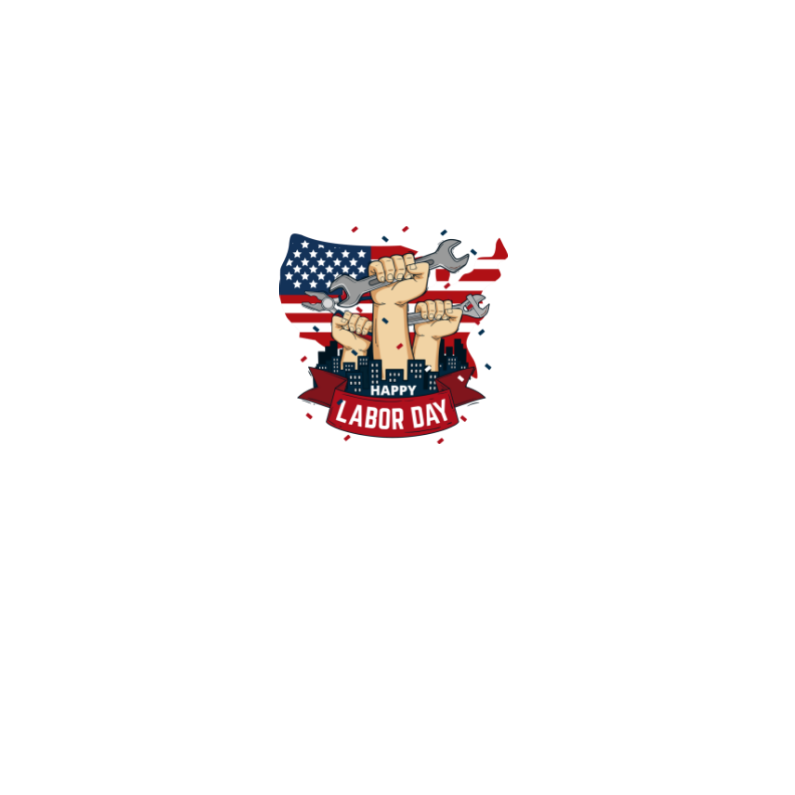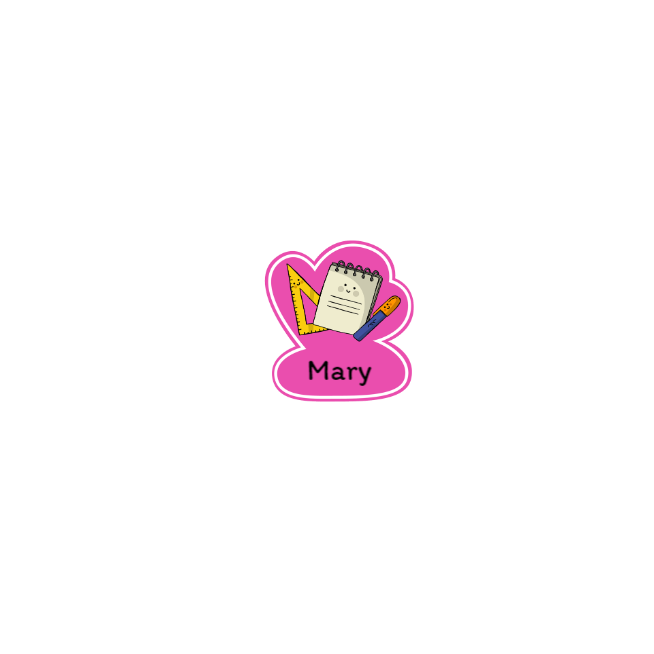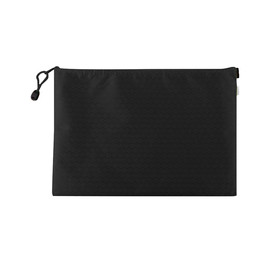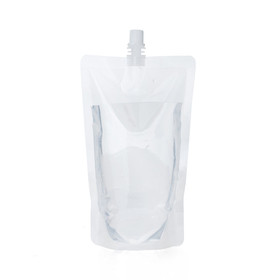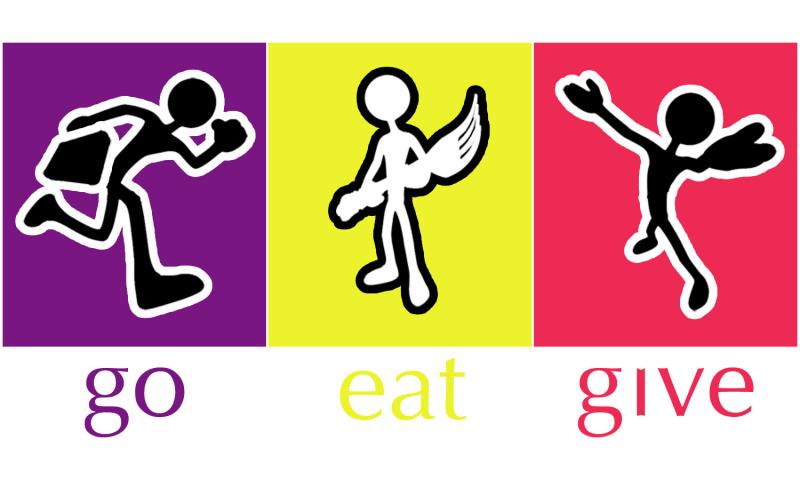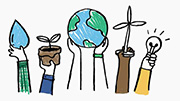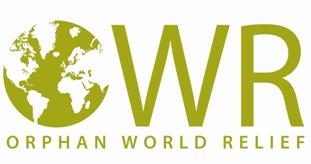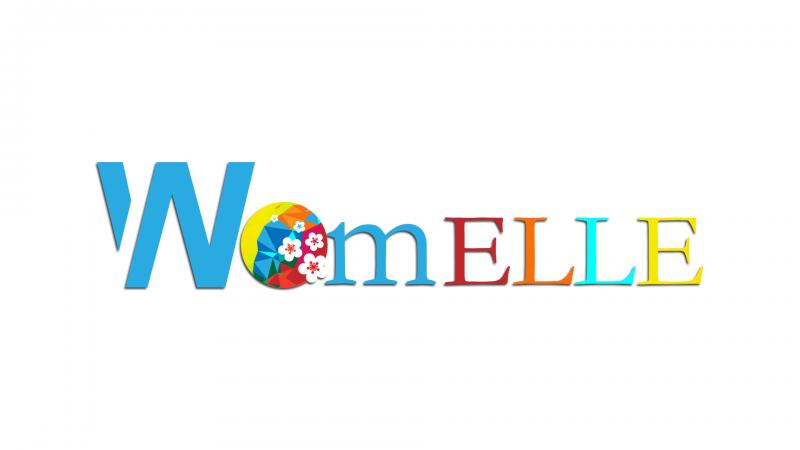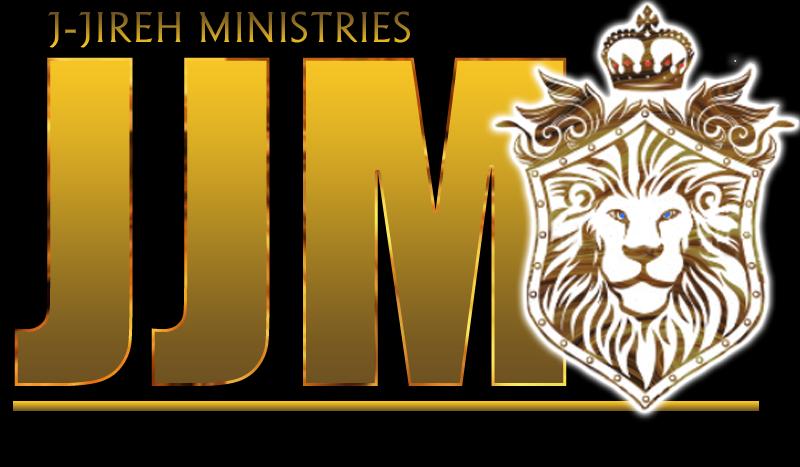Mission: The minnesota humanities center (humanities center) is an independent, not-for-profit organization. Its mission is to build a thoughtful, literate, and engaged society. Financial support for the programs and services of the humanities center comes from the national endowment for the humanities, the state of minnesota, private and corporate foundations, individuals, and revenue earned from fees and conference center rentals. The minnesota humanities center provides humanities-based professional development services to schools and educators and it works in partnership with numerous organizations to conduct meaningful and engaging public humanities programming in communities throughout minnesota. Its relationship-based approach to humanities programming is focused on bringing into public life the stories and experiences of people and communities that have been missing and marginalized.
Programs: The minnesota humanities center is a nonprofit that collaborates with organizations and individuals to inspire community conversations, forge deep connections, and illuminate authentic, diverse voices across minnesota, especially those left out or marginalized. We work to build a thoughtful, literate, and engaged society through education, partnerships, and public programs. The humanities center offers a new way to think about our future - grounded in the humanities. Our state is rapidly changing and growing even more diverse. The humanities center's approach affirms we're all in this together - using philosophy, literature, music, history, and language - we focus on what unites us not divides us. The humanities center helps people listen, connect, and understand each other better. We gather all voices and make clear that all narratives, including those that have been long absent from our education and public awareness, belong to the great human story. During the past year, the minnesota humanities center has used its' funds in three key program areas: minnesota education strategy, veterans' voices, and water/ways. Minnesota education strategy is at work in minnesota and has proven results that address contemporary issues in education from a humanities foundation. It is based on the reality that relationships are fundamental to learning and exist within cultures. This empowers educators to build relationships with students and communities to increase student engagement. The education strategy helps educators, students, and parents create success by closing the relationship gap that undercuts efforts to eliminate disparities in academic achievement. In the last twelve months the humanities center served more than 1,300 minnesota educators, including: forty-six educators completed a week long cohort-based institute experience that deepened relationships, amplified skills and techniques to use in their daily practice, and builds a state network of support among educators. More than 580 educators representing 68 school districts expanded their understanding of the world around them at humanities-based events such as the "increase engagement through absent narratives" workshop and the "bdote field trip. " 675 educators engaged with the absent narratives resource collection an online searchable database of over 1,000 ready-to-use videos, teacher guides, and readings that help educators increase classroom engagement through presentations and conference workshops. Veterans' voices is a fast growing program that is changing the dominate narrative of minnesota's veterans. This program draws on the power of the humanities to explore and share the full life experiences of veterans. It empowers minnesota veterans to speak in their own voices through storytelling, discussion groups, plays, literature, and the annual veterans' voices award. Veterans' voices will recognize the next great generation and illustrate that the veteran's voice is essential to the work of building our great democracy. The fifth cohort of 25 veterans who have gone above and beyond to make exceptional, positive contributions that improve the lives of minnesotans across the state were honored at the 2017 veterans' voices award ceremony held on september 11,2017, in front of 370 minnesotans. The 2017 awardees now make up a network of 125 former awardees throughout the state. The veterans' voices memorials project, which provides a guide to educators and the public visiting the capitol mall and challenges them to consider how memory, war, and experiences of service are imbricated and represented. Designed and developed though community convenings, minnesota remembers vietnam aims to remember the war in vietnam and southeast asia through the power of the humanities. Six communities received grants and will begin hosting events and activities in 2018-2019 in minneapolis, st, paul, moorhead, little falls, duluth, and st. Cloud. Storytelling development workshops for veterans to learn to share their experiences through dynamic storytelling, and subsequent performance opportunities in such locations as camp ripley and historic fort snelling. The veterans' voices workshop for educators, held at camp ripley, provides resources and professional development to help educators bring the missing stories of veterans, military service members, and military families into their classroom. Water/ways and we are water mn is a partnership formed to tell minnesota's water stories collaboratively, bringing together personal narratives, historical materials, and scientific information. Combining these ways of knowing water strengthens minnesotans' relationships with and responsibilities to water. In 2016-2017, the humanities center partnered with six minnesota host sites and communities: prairie woods environmental learning center (spicer), nicollet county historical society (st. Peter), goodhue county historical society (red wing), audubon center of the north woods (sandstone), lanesboro arts (lanesboro), becker county historical society (detroit lakes) to tour the water/ways exhibit with community engagement programming. The 2018-2019 host sites are located in grand rapids, onamia, cloquet, minneapolis, bemidji, crookston, austin, and northfield a network of state partners include minnesota pollution control agency, minnesota historical society, minnesota department of health, department of agriculture, minnesota department of natural resources, and the minnesota section of the american water works association 7,238 participants viewed the exhibit in six communities across minnesota more than 530 national, state, and local water stories were collectedlegacy programs and purposesthe minnesota humanities center received an appropriation from the clean water, land and legacy amendment for programs and purposes for the 2017-2019 biennium. A portion of these funds are used for the minnesota education strategy and veterans' voices programs. In addition, in the spring of 2017, the why treaties matter: self-government in the dakota and ojibwe nations exhibit was installed at the newly-renovated minnesota state capitol building. In addition to a permanent exhibit at the state capitol, the exhibit toured locally in schools, and is on track to tour the university of minnesota system in 2017-2018.Future programming and educator guides for this exhibit will be developed with the indian affairs council of the state of minnesota. Legacy pass-through appropriations in 2017, the minnesota humanities center administered 14 direct appropriations totaling $3,152,250 from the minnesota general operating fund and the clean water, land and legacy amendment for the 2017-2019 biennium. Grantees include cultural heritage organizations, children's museums, civics education organizations, the minnesota state council on disability, governor's council on developmental disabilities, kajoog fanka program, somali community and museum grants, ramsey county parks-cultural games and cultural athletic fields and rondo commemorative plaza.
the humanities center operates a full-service event center, as created by the state legislature in 1996.In addition to housing programs of the humanities center, this restored architectural landmark serves as a gathering place for educators, social service providers, other non-profits, state colleges and universities, state agencies and community groups seeking to improve both their individual work and the quality of life for all minnesotans, by providing high-quality, cost effective meeting and event space for educational and public programs and staff education and development. In the last twelve months, the humanities center hosted 347 meetings and events in its meeting and event spaces, serving over 9,600 people associated with local community organizations.
Programs: The minnesota humanities center is a nonprofit that collaborates with organizations and individuals to inspire community conversations, forge deep connections, and illuminate authentic, diverse voices across minnesota, especially those left out or marginalized. We work to build a thoughtful, literate, and engaged society through education, partnerships, and public programs. The humanities center offers a new way to think about our future - grounded in the humanities. Our state is rapidly changing and growing even more diverse. The humanities center's approach affirms we're all in this together - using philosophy, literature, music, history, and language - we focus on what unites us not divides us. The humanities center helps people listen, connect, and understand each other better. We gather all voices and make clear that all narratives, including those that have been long absent from our education and public awareness, belong to the great human story. During the past year, the minnesota humanities center has used its' funds in three key program areas: minnesota education strategy, veterans' voices, and water/ways. Minnesota education strategy is at work in minnesota and has proven results that address contemporary issues in education from a humanities foundation. It is based on the reality that relationships are fundamental to learning and exist within cultures. This empowers educators to build relationships with students and communities to increase student engagement. The education strategy helps educators, students, and parents create success by closing the relationship gap that undercuts efforts to eliminate disparities in academic achievement. In the last twelve months the humanities center served more than 1,300 minnesota educators, including: forty-six educators completed a week long cohort-based institute experience that deepened relationships, amplified skills and techniques to use in their daily practice, and builds a state network of support among educators. More than 580 educators representing 68 school districts expanded their understanding of the world around them at humanities-based events such as the "increase engagement through absent narratives" workshop and the "bdote field trip. " 675 educators engaged with the absent narratives resource collection an online searchable database of over 1,000 ready-to-use videos, teacher guides, and readings that help educators increase classroom engagement through presentations and conference workshops. Veterans' voices is a fast growing program that is changing the dominate narrative of minnesota's veterans. This program draws on the power of the humanities to explore and share the full life experiences of veterans. It empowers minnesota veterans to speak in their own voices through storytelling, discussion groups, plays, literature, and the annual veterans' voices award. Veterans' voices will recognize the next great generation and illustrate that the veteran's voice is essential to the work of building our great democracy. The fifth cohort of 25 veterans who have gone above and beyond to make exceptional, positive contributions that improve the lives of minnesotans across the state were honored at the 2017 veterans' voices award ceremony held on september 11,2017, in front of 370 minnesotans. The 2017 awardees now make up a network of 125 former awardees throughout the state. The veterans' voices memorials project, which provides a guide to educators and the public visiting the capitol mall and challenges them to consider how memory, war, and experiences of service are imbricated and represented. Designed and developed though community convenings, minnesota remembers vietnam aims to remember the war in vietnam and southeast asia through the power of the humanities. Six communities received grants and will begin hosting events and activities in 2018-2019 in minneapolis, st, paul, moorhead, little falls, duluth, and st. Cloud. Storytelling development workshops for veterans to learn to share their experiences through dynamic storytelling, and subsequent performance opportunities in such locations as camp ripley and historic fort snelling. The veterans' voices workshop for educators, held at camp ripley, provides resources and professional development to help educators bring the missing stories of veterans, military service members, and military families into their classroom. Water/ways and we are water mn is a partnership formed to tell minnesota's water stories collaboratively, bringing together personal narratives, historical materials, and scientific information. Combining these ways of knowing water strengthens minnesotans' relationships with and responsibilities to water. In 2016-2017, the humanities center partnered with six minnesota host sites and communities: prairie woods environmental learning center (spicer), nicollet county historical society (st. Peter), goodhue county historical society (red wing), audubon center of the north woods (sandstone), lanesboro arts (lanesboro), becker county historical society (detroit lakes) to tour the water/ways exhibit with community engagement programming. The 2018-2019 host sites are located in grand rapids, onamia, cloquet, minneapolis, bemidji, crookston, austin, and northfield a network of state partners include minnesota pollution control agency, minnesota historical society, minnesota department of health, department of agriculture, minnesota department of natural resources, and the minnesota section of the american water works association 7,238 participants viewed the exhibit in six communities across minnesota more than 530 national, state, and local water stories were collectedlegacy programs and purposesthe minnesota humanities center received an appropriation from the clean water, land and legacy amendment for programs and purposes for the 2017-2019 biennium. A portion of these funds are used for the minnesota education strategy and veterans' voices programs. In addition, in the spring of 2017, the why treaties matter: self-government in the dakota and ojibwe nations exhibit was installed at the newly-renovated minnesota state capitol building. In addition to a permanent exhibit at the state capitol, the exhibit toured locally in schools, and is on track to tour the university of minnesota system in 2017-2018.Future programming and educator guides for this exhibit will be developed with the indian affairs council of the state of minnesota. Legacy pass-through appropriations in 2017, the minnesota humanities center administered 14 direct appropriations totaling $3,152,250 from the minnesota general operating fund and the clean water, land and legacy amendment for the 2017-2019 biennium. Grantees include cultural heritage organizations, children's museums, civics education organizations, the minnesota state council on disability, governor's council on developmental disabilities, kajoog fanka program, somali community and museum grants, ramsey county parks-cultural games and cultural athletic fields and rondo commemorative plaza.
the humanities center operates a full-service event center, as created by the state legislature in 1996.In addition to housing programs of the humanities center, this restored architectural landmark serves as a gathering place for educators, social service providers, other non-profits, state colleges and universities, state agencies and community groups seeking to improve both their individual work and the quality of life for all minnesotans, by providing high-quality, cost effective meeting and event space for educational and public programs and staff education and development. In the last twelve months, the humanities center hosted 347 meetings and events in its meeting and event spaces, serving over 9,600 people associated with local community organizations.
987 Ivy Ave E, Saint Paul, MN 55106
651-774-0105

Others
Saint Paul







